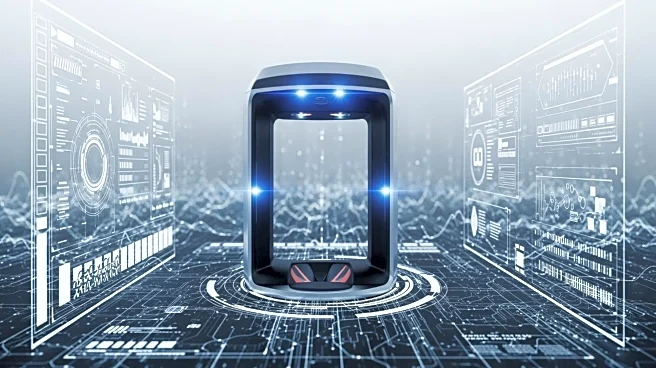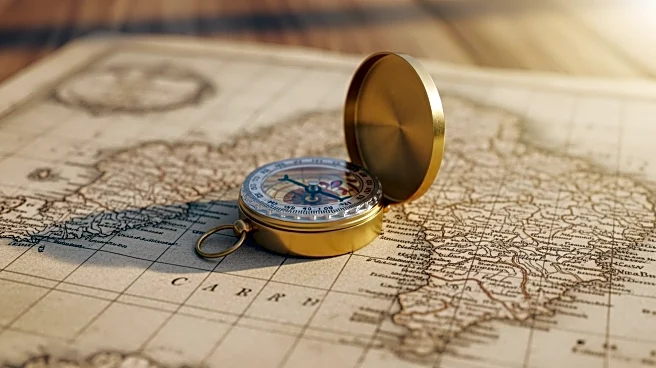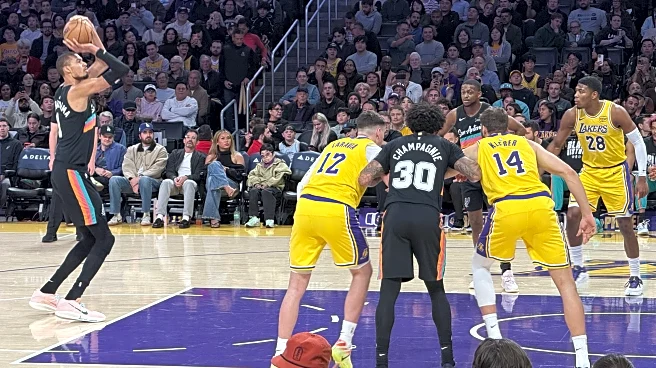What's Happening?
YouTube has launched a new AI-powered likeness detection tool aimed at helping creators manage and flag AI-generated content that features their likeness, including deepfakes. This tool is part of YouTube's broader initiative to protect creators' identities
and prevent the spread of misleading content. To utilize this feature, creators must verify their identity through a photo ID and a selfie video. Currently, the tool is in beta testing and is being rolled out to a select group of creators, with plans to expand access in the coming months.
Why It's Important?
The introduction of the likeness detection tool is significant as it addresses growing concerns about the misuse of AI technology to create misleading or harmful content. This tool could help protect creators from reputational damage caused by unauthorized AI-generated videos that falsely depict them. As AI technology becomes more sophisticated, the potential for misuse increases, making tools like this crucial for maintaining trust and authenticity on digital platforms. The move also reflects YouTube's commitment to safeguarding its community against the negative impacts of AI.
What's Next?
As the likeness detection tool is still in beta, YouTube plans to gradually expand its availability to more creators. The effectiveness of this tool will likely be monitored closely, and feedback from users may lead to further refinements. Stakeholders, including creators and digital rights advocates, may push for more comprehensive measures to address AI-generated content. Additionally, there could be discussions around privacy concerns related to the personal data required for identity verification.
Beyond the Headlines
The deployment of likeness detection tools raises ethical questions about privacy and data security, as creators must provide sensitive personal information to access these protections. This development also highlights the broader challenge of balancing technological innovation with ethical considerations in the digital age.

















